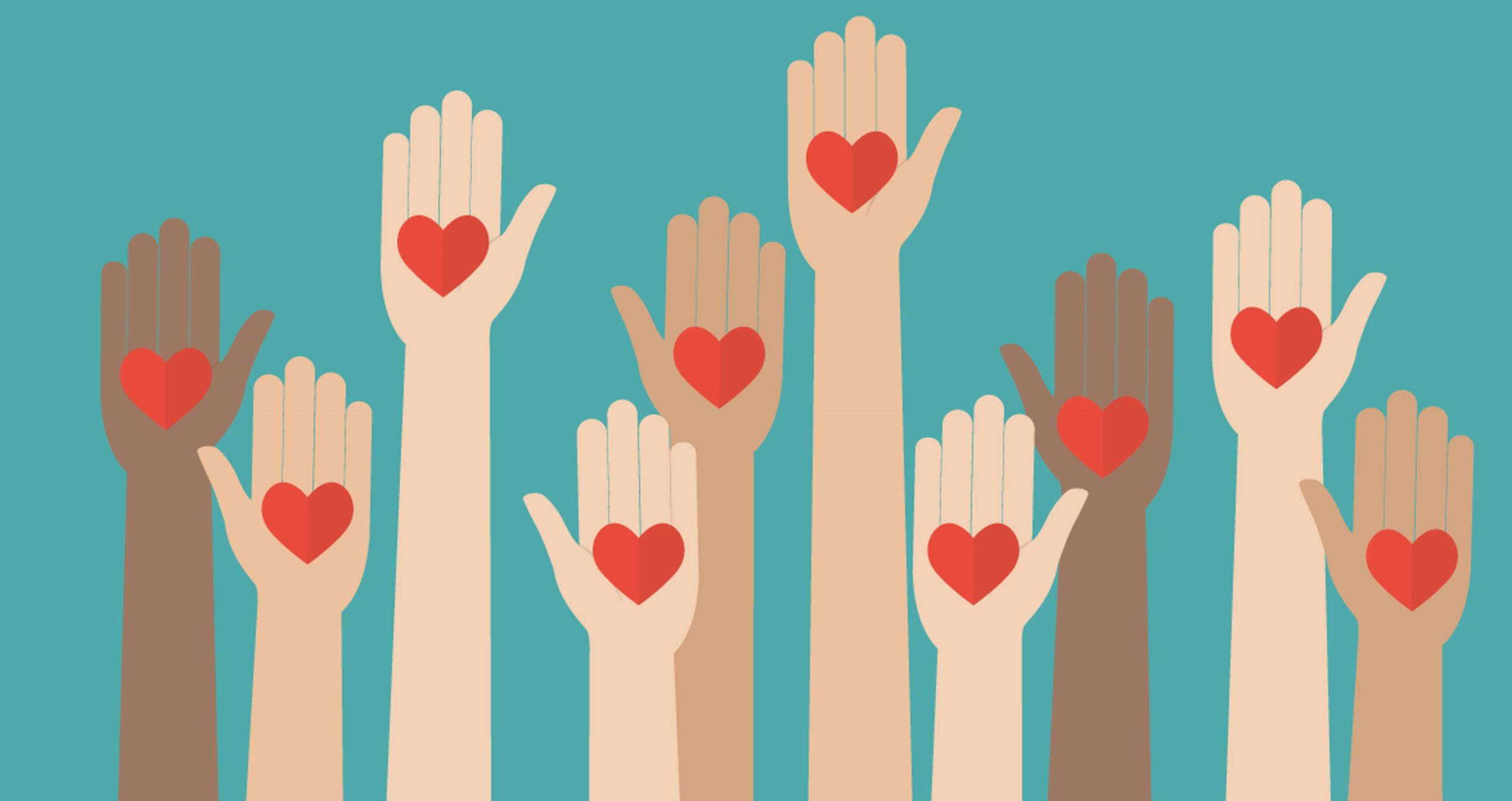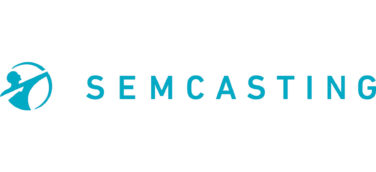Cultural shifts rooted in the reality of our current political landscape, heightened by a global pandemic has created a different world for marketers of every type.
The death of George Floyd catapulted The Black Lives Matter movement into the consciousness of America in ways no one could have predicted. What started as a simple hashtag in 20131 has become a movement with corporate America’s response creating a new set of expectations for people of color and their communities.
Pharma marketers looking to influence behavior in meaningful ways will have a unique opportunity to make a difference by taking a more empathetic approach. Customized communications to the multicultural audience will need to achieve a level of thoughtfulness that goes beyond mere casting. Simply swapping an ethnic character into a general market brand story or creating a word-for-word translation of English copy into Spanish has never been the optimal way to reach these audiences.
Now, more than ever, insight-driven, culturally relevant content that speaks directly to the patient on their patient journey is what’s needed.
“When White People Catch a Cold, Black People Get Pneumonia.”2,3
The old adage seems especially prophetic right now. Certainly, while all Americans are feeling the effects of these difficult times, for people of color, the pain is only magnified.
- Black, Native American, and Hispanic Americans have a COVID-19 death rate that is at least 2.6 times greater than White Americans4 and yet are significantly more vaccine hesitant than Whites.5
- African Americans and Hispanics are three times as likely to know someone who has died of COVID-19 than Whites.6
- A majority of Asian adults (58%) say it is more common for people to express racist or racially insensitive views about people who are Asian than it was before the coronavirus outbreak.7
- A large majority of Hispanic households (72%) said they’re facing serious financial problems due to the pandemic, compared to 60% of Black households and 55% of Native American households. Asian and White households report facing the same issue at drastically lower rates, 37% and 36% respectively.8
- The disproportionate death rate among Native American elders is creating a cultural crisis for many tribes, as the keepers of language and tradition are being decimated by the pandemic.9
Doing Right by Doing Good
In 2021, you will likely see savvy and sincere marketers bring a new level of authenticity to multicultural audiences. Corporate pharma has always supported ethnic communities in a variety of different ways. Recently, there’s been a focus on financing early-stage, minority-owned healthcare companies as well as actively increasing diversity recruitment for clinical trials.
Marketers such as Nike and the NFL have long provided an insightful approach to reaching these audiences through acknowledging the important issues facing their communities; from the ongoing support of Colin Kaepernick to the recent agreement where NFL owners will reward organizations that actively develop minority coaches and front office executives.
Ethnic consumers want to see corporate America support their communities in meaningful ways. A particularly relevant example is Pepsi’s “Bodega Giveback” promotion where, for one year, Pepsi will pay the rent of a New York bodega chosen by local people as well as provide instant cash cards at certain bodegas throughout the five boroughs. The Bodega Boys, Desus and Mero, from the popular Showtime show, serve as hosts of this highly successful YouTube promotion.10 Pepsi is also title sponsor for Black Restaurant Week, which provides a $10 million grant to Black restaurateurs for necessary capital, training, and mentorship.11 This type of outreach demonstrates an especially caring approach to targeted marketing.
Companies with an established track record will continue to support their ethnic audiences through relevant and engaging content. In the highly regulated arena of pharmaceutical brand marketing, success can lie in truly understanding and embracing what these audiences value and respond to.
The milestones along a multicultural patient journey can be radically different than that of a general market patient. It’s important to understand these differences and speak authentically to these insights. Creating personalized, one-on-one communications that demonstrate a true sense of humanity and empathy will no doubt create a higher level of emotional engagement.
In 2021, keep an eye out for:
- An overarching shift of pharma companies to have a more significant focus on U.S. multicultural markets.
- Broader outreach by pharma to the entities and organizations that support ethnic communities.
- More original content and original production versus casting and translations to ensure more authentic messaging.
- Culturally relevant patient education materials that underscore the specific nuances of the ethnic patient’s journey.
- Media plans specifically designed to be more sensitive to the unique consumption patterns of the audience.
- Greater recognition of America’s Historically Black Colleges and Universities. The unprecedented gifts by Mackenzie Scott ($4.2 billion) and Netflix CEO Reed Hastings ($120 million) to these and other institutions of higher learning will create new think tank options for the healthcare industry.
It’s a Matter of Trust
Pharma marketers who are ready to forge strong relationships with these audiences will focus on building trust through authenticity. Rather than take a one-size-fits-all approach to messaging, the sweet spot will be reached through finely honed, highly personalized communications that resonate as organic and heartfelt.
As the COVID-19 vaccines bring a glimmer of hope to how this pandemic will unfold, it’s important to remember that qualities such as empathy and acknowledgment will always maintain their appeal. Especially to audiences of color.
References:
1. https://www.nytimes.com/interactive/2020/07/03/us/george-floyd-protests-crowd-size.html.
2. https://www.blackenterprise.com/its-true-when-america-catches-a-cold-black-america-gets-pneumonia.
6. https://abcnews.go.com/Politics/black-americans-latinos-times-died-covid-19-poll/story?id=70794789.









